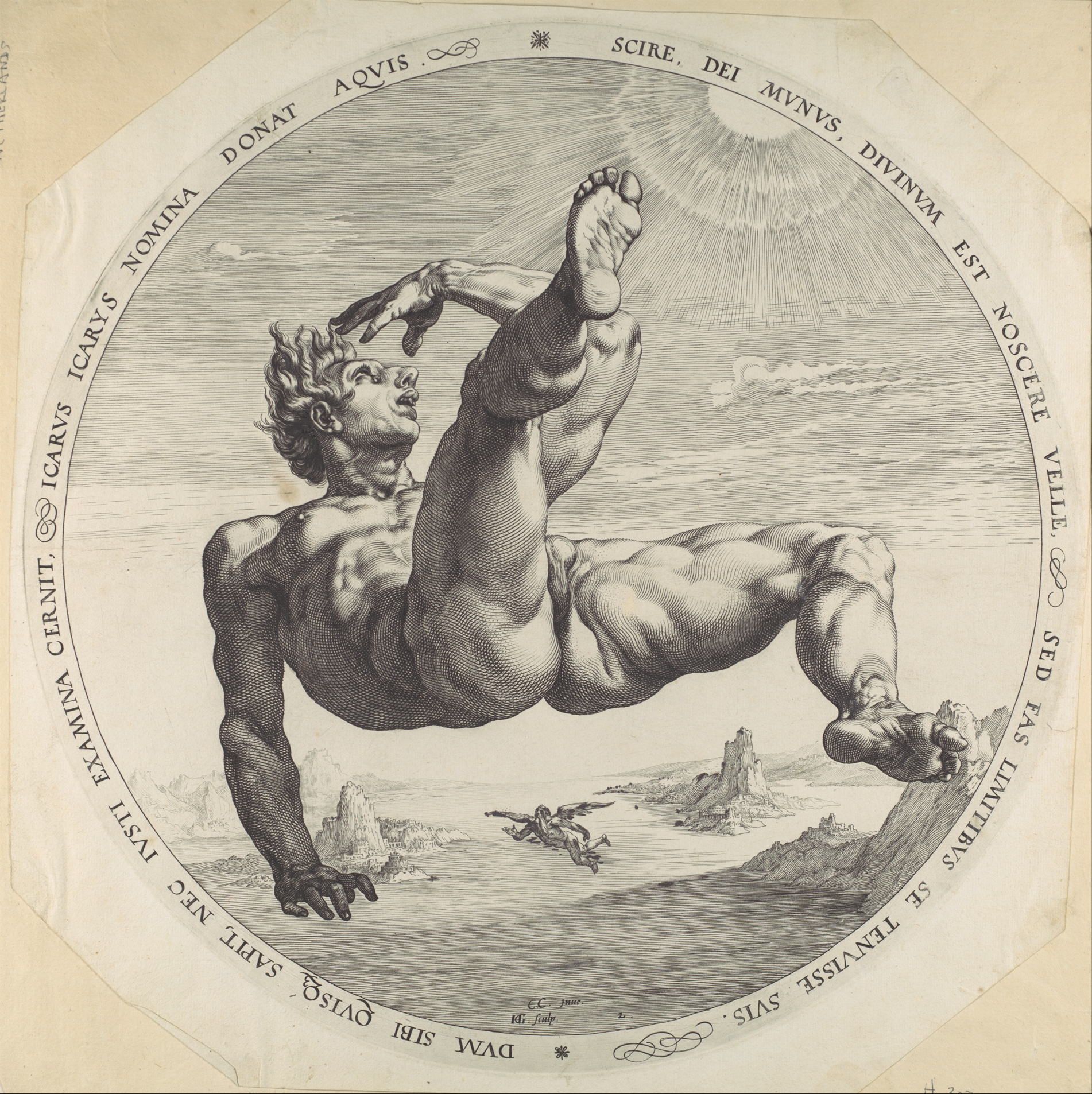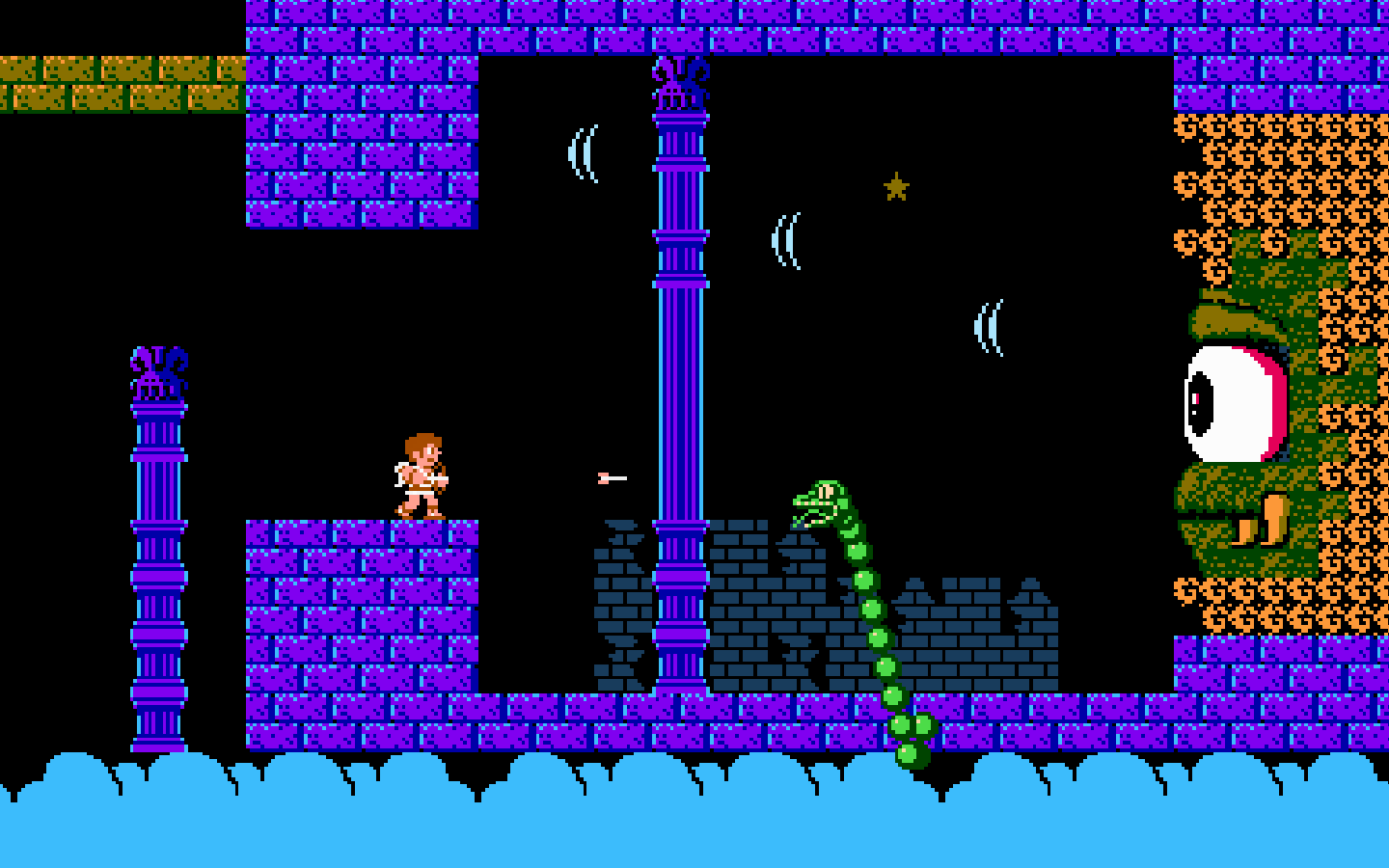Engage grades 6-10 with a two-day ELA myth lesson on Tyche & Nemesis—printable, Google-friendly, CCSS-aligned, and packed with visuals.
Why Teach Tyche & Nemesis Now?
In every literature class, recurring themes—tropes—spark student curiosity. Few are richer than the paired figures of Tyche (Fortuna), goddess of fortune and chance, and Nemesis, guardian of justice and conscience. Their stories echo from Wheel of Fortune to modern fantasy novels, giving your middle and high schoolers an instant real-world hook.Lesson Snapshot
- Grade Bands 6–10 (easily adapted up or down)
- Duration Two 50-minute class periods, plus extensions
- Formats PDF for print • Google Workspace™ for digital
- Standards Fully aligned to CCSS RL/L/W/SL, TEKS, and Virginia SOL
What’s Inside the Resource?
- 🔖 6 Illustrated Reading Cards—public-domain art, succinct text, perfect for carousel or gallery walks
- 🗺 2 Map Activities—locate temples at Praeneste & Pompeii to ground myth in place
- 🗂 Anchor Chart + Vocabulary Frayer Models—visual tools for quick reference and retention
- ✍️ 20-Question Bank & Exit Tickets—ready-to-use for quizzes or bell-ringers
- 📝 Note-Taking Sheets—three-box Cornell format fosters evidence collection
- ✅ Answer Keys & 2-Point Writing Rubric—transparent grading and sample responses
How Students Benefit
- Compare Versions: Analyze Tyche and Nemesis across Hamilton, Apollodorus, and pop culture.
- Build Vocabulary: Master terms like nemesis, fortune, and fate in context.
- Think Critically: Debate whether chance or conscience drives human action.
- Collaborate: Engage in “speed-dating” discussions and trivia showdowns.
- Write Analytically: Respond to prompts with textual evidence—CCSS W.9-10.9 ready!
Teacher-Friendly Features
- Print or Digital: Seamless in-person, hybrid, or remote.
- No Prep Needed: Download, assign, teach.
- Extendable: Connect to my other mythology sets—Furies, Fates, Titans, Iliad.
- Assessment Ready: Exit tickets + rubric give you instant data.
Classroom Idea: Spin Your Own Wheel
Create a cardboard “Wheel of Fortune” with pockets labeled Reward or Rebuke. After reading, students spin and justify—using evidence—whether Tyche’s gift or Nemesis’s judgment fits a mythic scenario. Instant engagement!Grab the Lesson
➡️ Download on Stones of Erasmus








